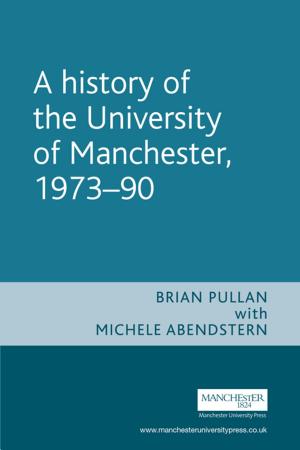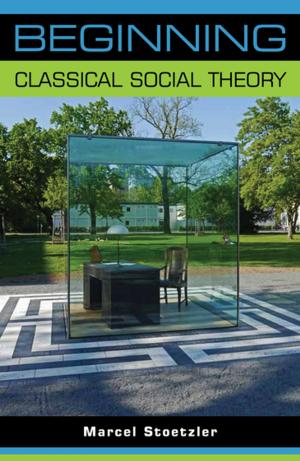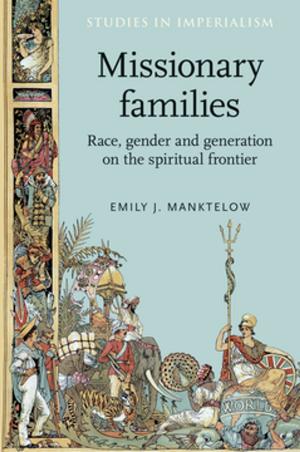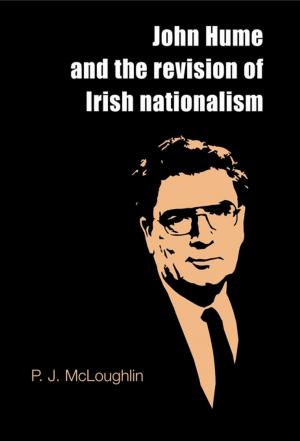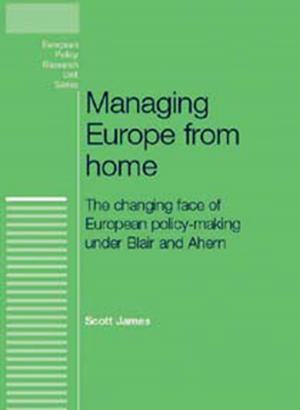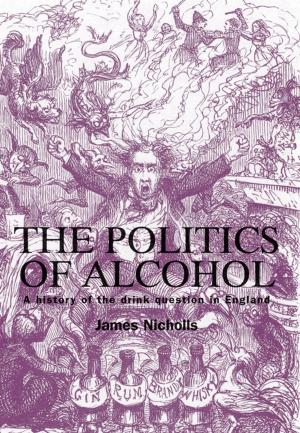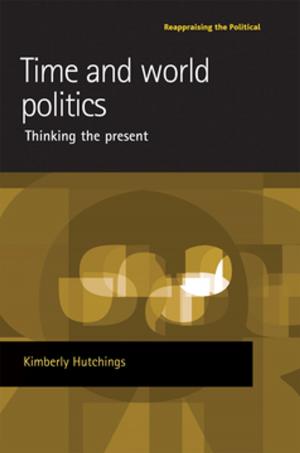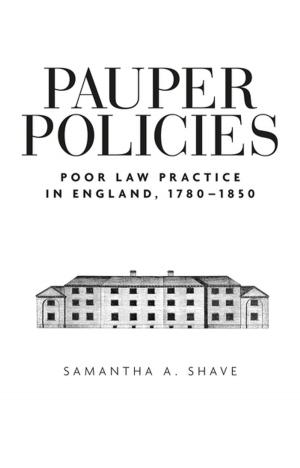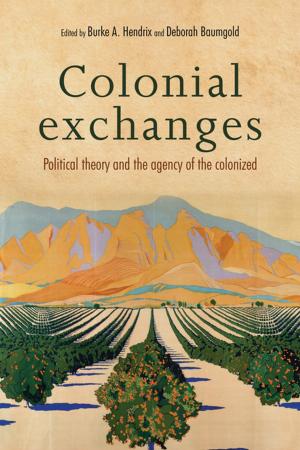Liberal realism
A realist theory of liberal politics
Nonfiction, Social & Cultural Studies, Political Science, International, International Relations| Author: | Matt Sleat | ISBN: | 9781526102553 |
| Publisher: | Manchester University Press | Publication: | November 1, 2015 |
| Imprint: | Manchester University Press | Language: | English |
| Author: | Matt Sleat |
| ISBN: | 9781526102553 |
| Publisher: | Manchester University Press |
| Publication: | November 1, 2015 |
| Imprint: | Manchester University Press |
| Language: | English |
Political realism has recently moved to the centre of debates in contemporary political theory. In this monograph, Matt Sleat presents the first comprehensive overview of the resurgence of interest in realist political theory and develops a unique and original defence of liberal politics in realist terms. Through explorations of the work of a diverse range of thinkers, including Bernard Williams, John Rawls, Raymond Geuss, Judith Shklar, John Gray, Carl Schmitt and Max Weber, the author advances a theory of liberal realism that is consistent with the realist emphasis on disagreement and conflict yet still recognisably liberal in its concern with respecting individuals’ freedom and constraining political power. The result is a unique contribution to the ongoing debates surrounding realism and an original and timely re-imagining of liberal theory for the twenty-first century. This provocative work will be of interest to students and all concerned with the possibility of realising liberalism and its moral aspirations in today’s world.
Political realism has recently moved to the centre of debates in contemporary political theory. In this monograph, Matt Sleat presents the first comprehensive overview of the resurgence of interest in realist political theory and develops a unique and original defence of liberal politics in realist terms. Through explorations of the work of a diverse range of thinkers, including Bernard Williams, John Rawls, Raymond Geuss, Judith Shklar, John Gray, Carl Schmitt and Max Weber, the author advances a theory of liberal realism that is consistent with the realist emphasis on disagreement and conflict yet still recognisably liberal in its concern with respecting individuals’ freedom and constraining political power. The result is a unique contribution to the ongoing debates surrounding realism and an original and timely re-imagining of liberal theory for the twenty-first century. This provocative work will be of interest to students and all concerned with the possibility of realising liberalism and its moral aspirations in today’s world.

